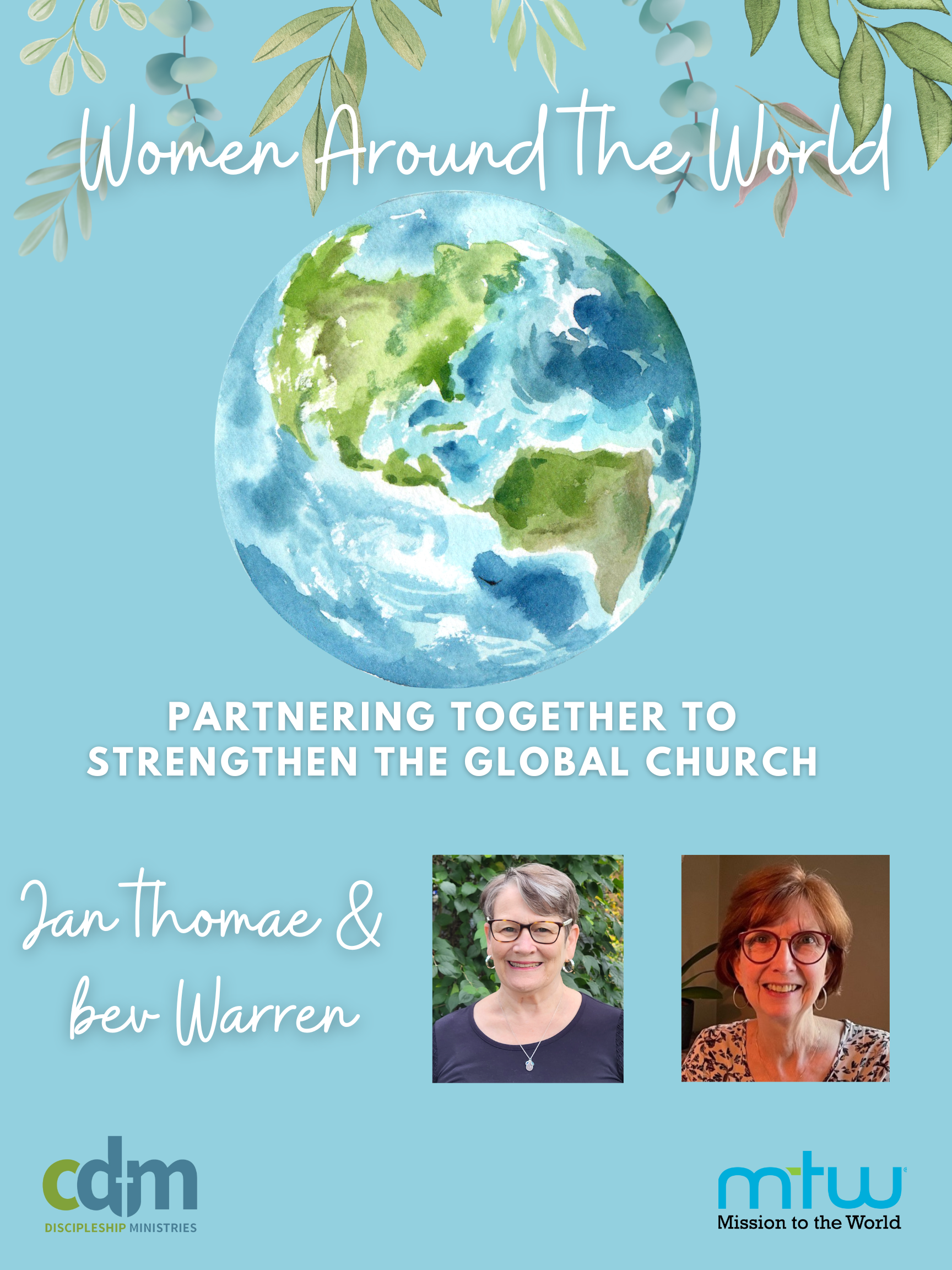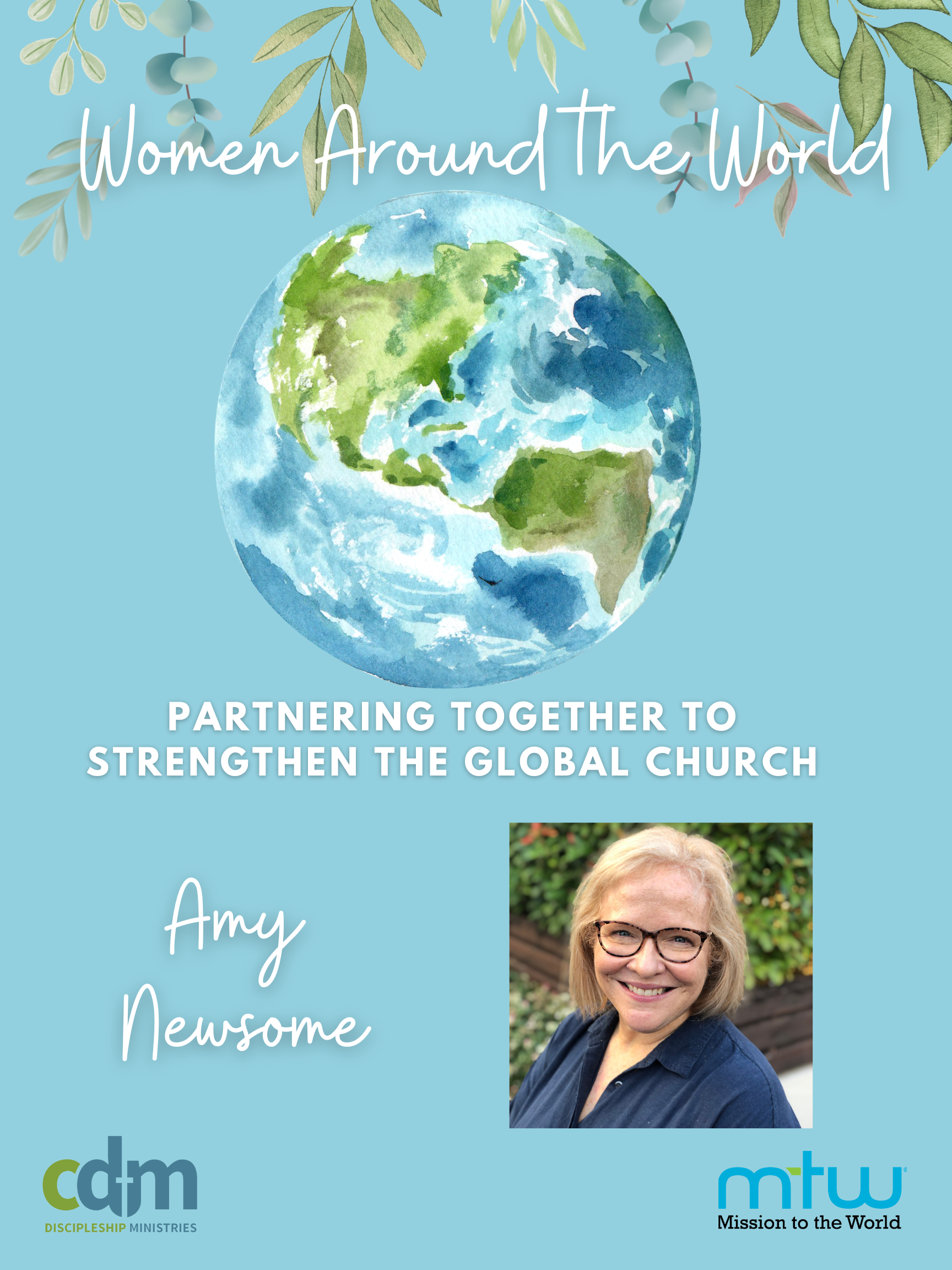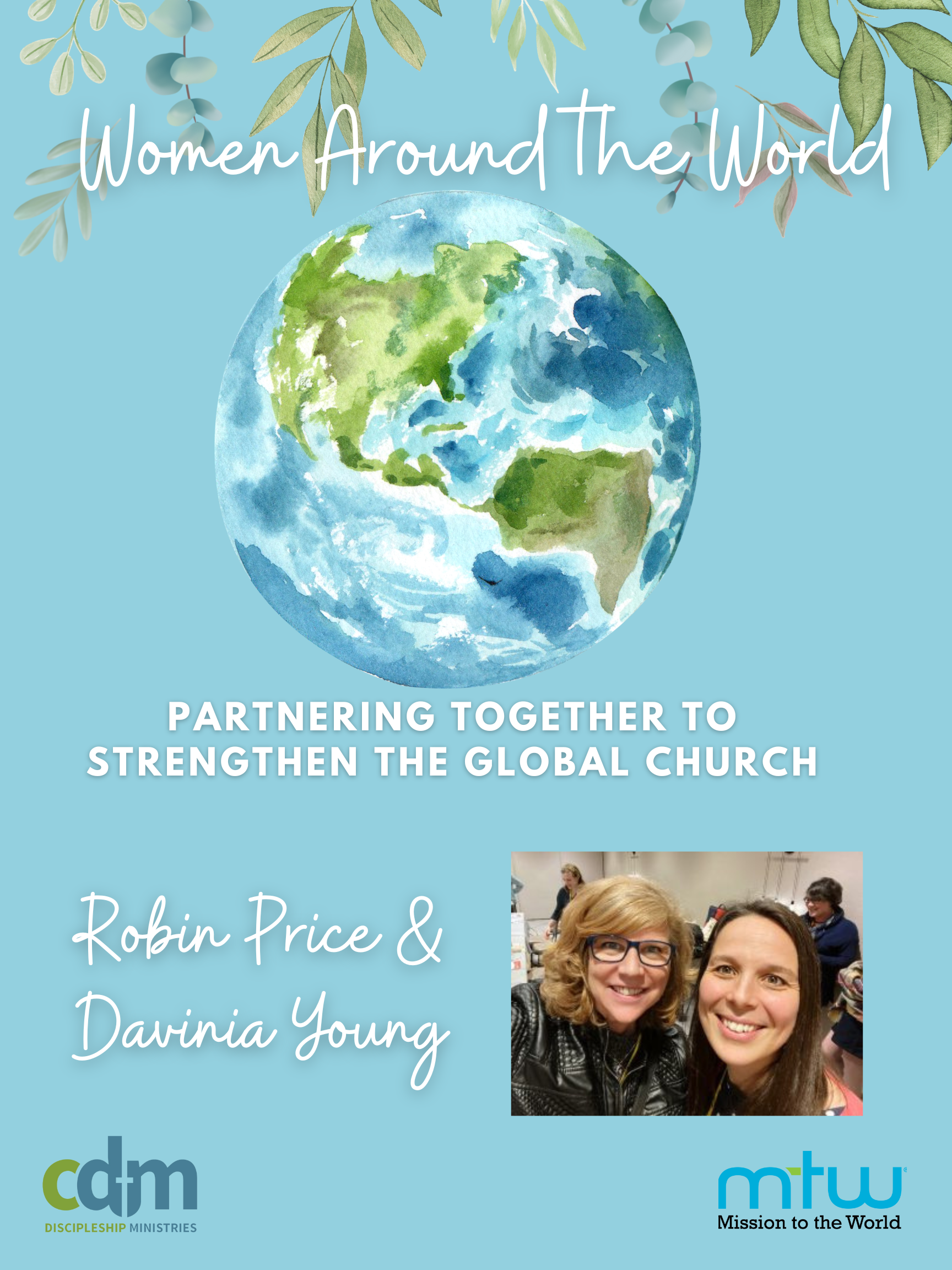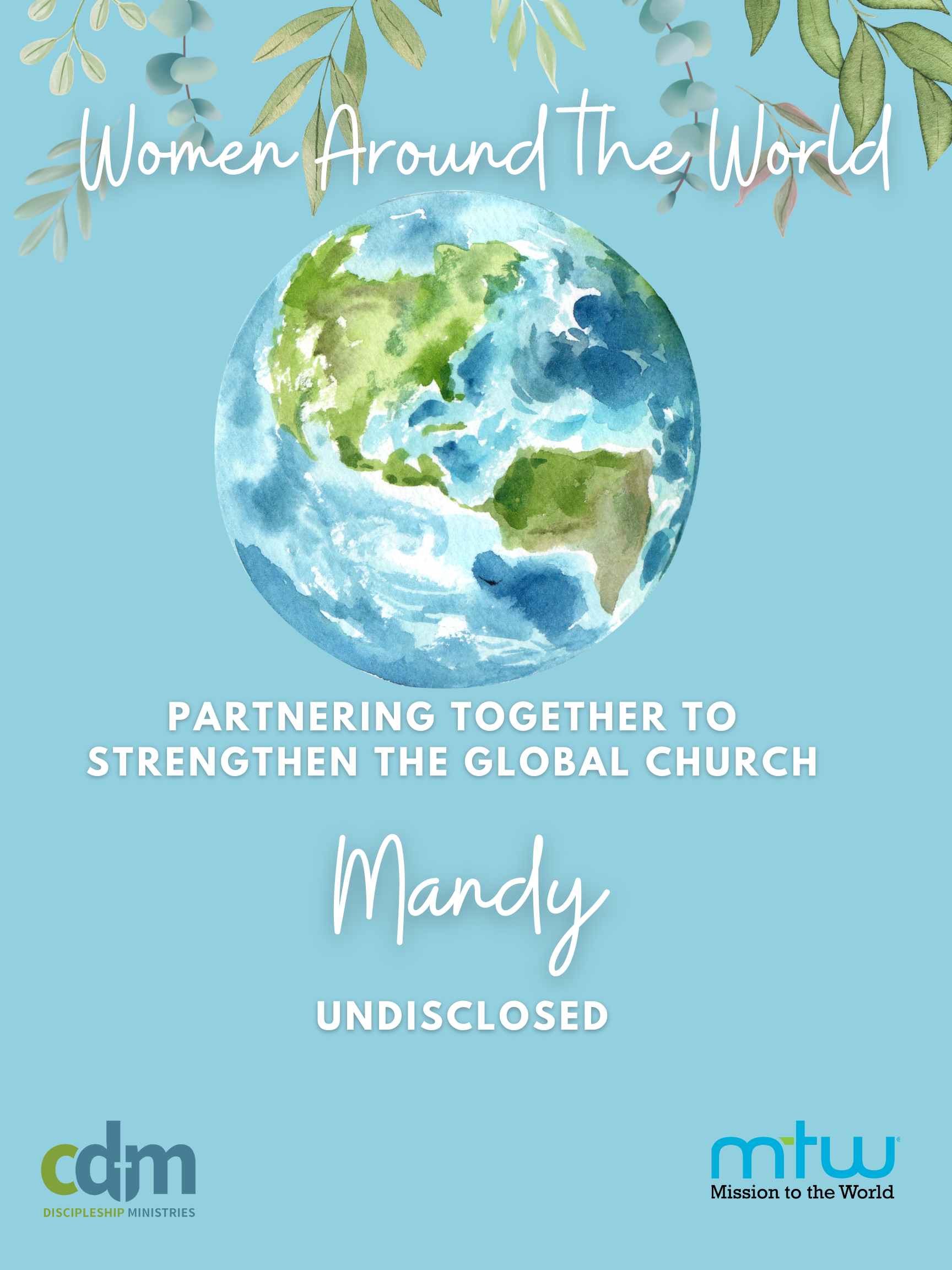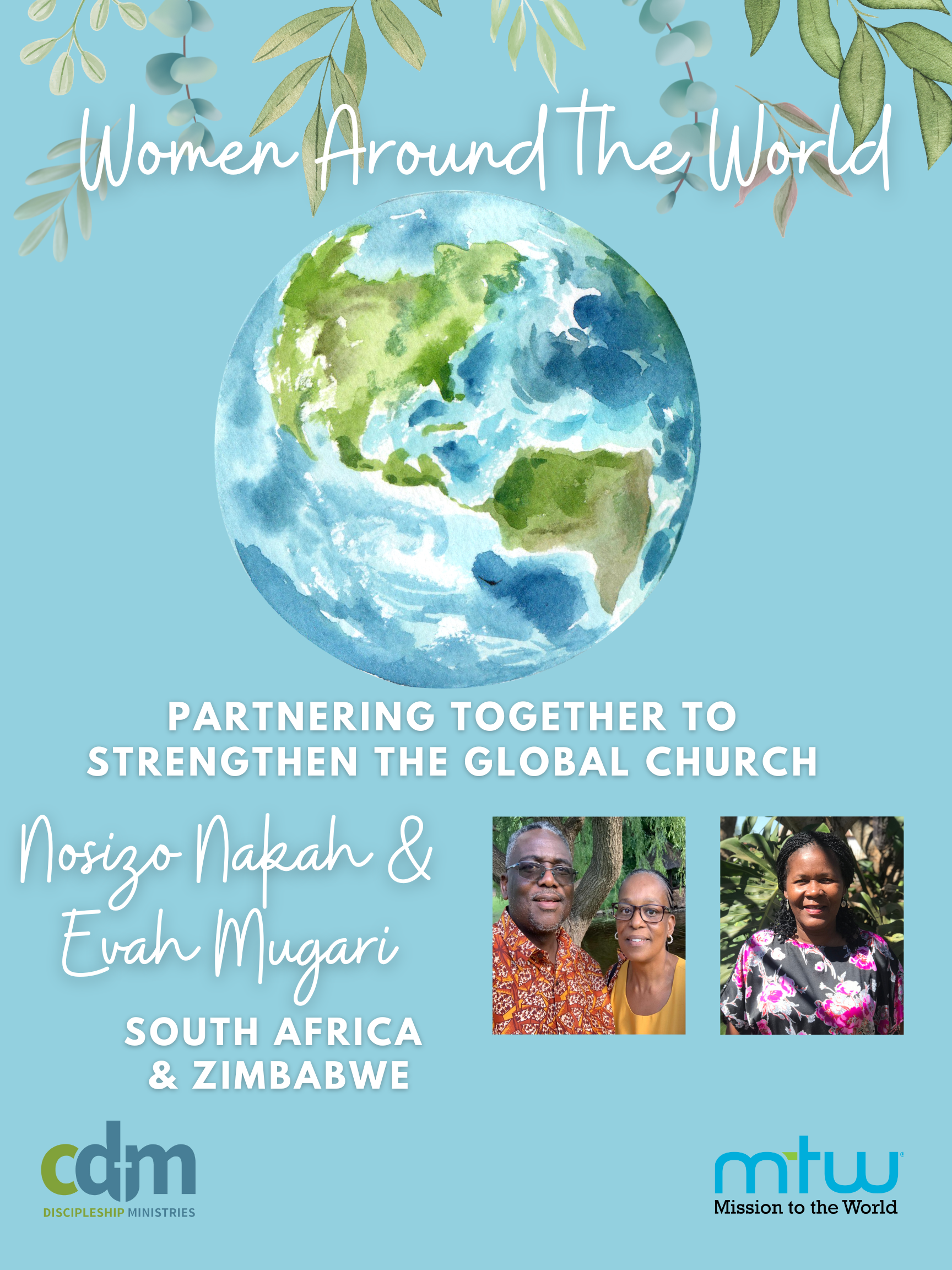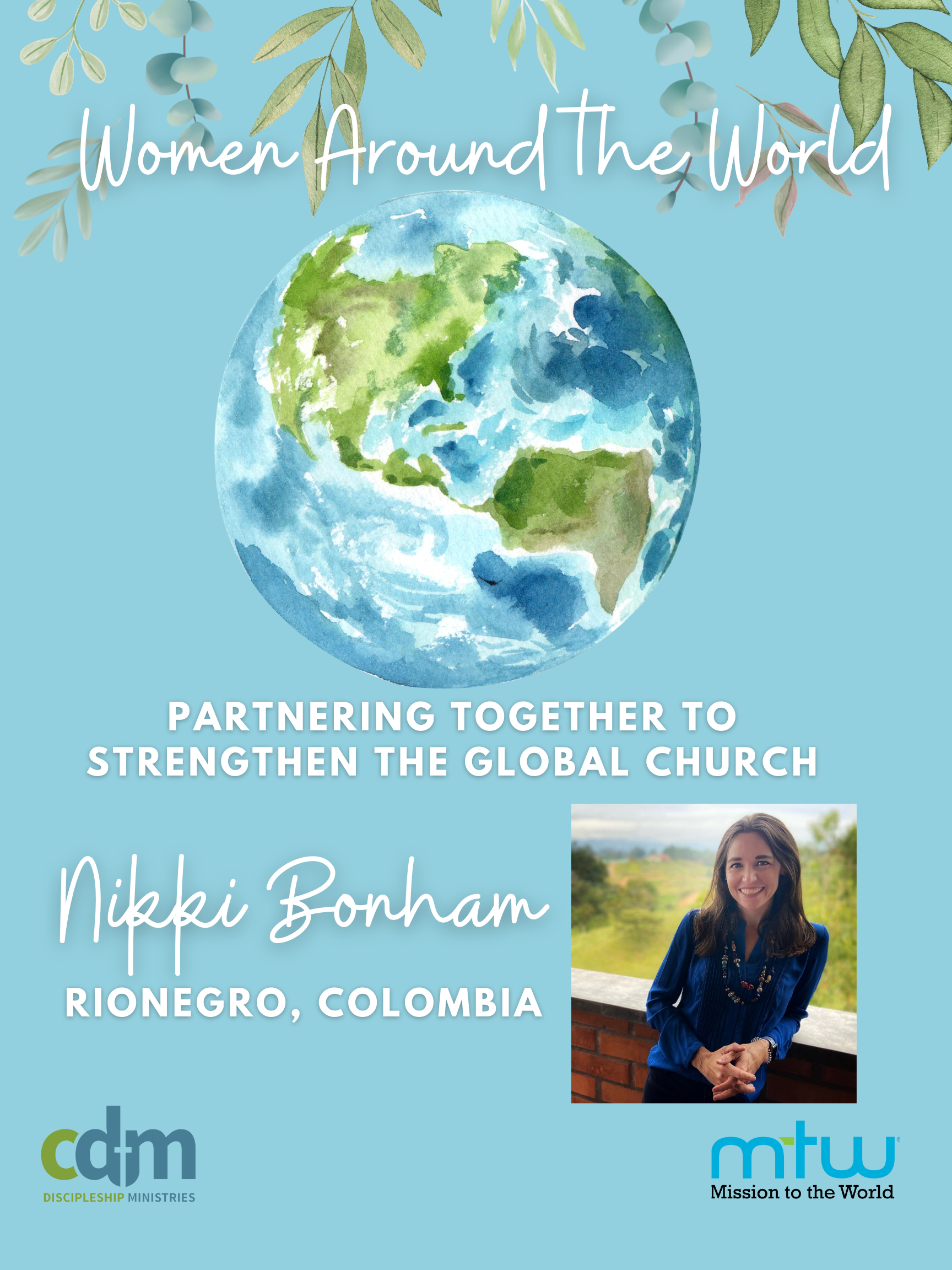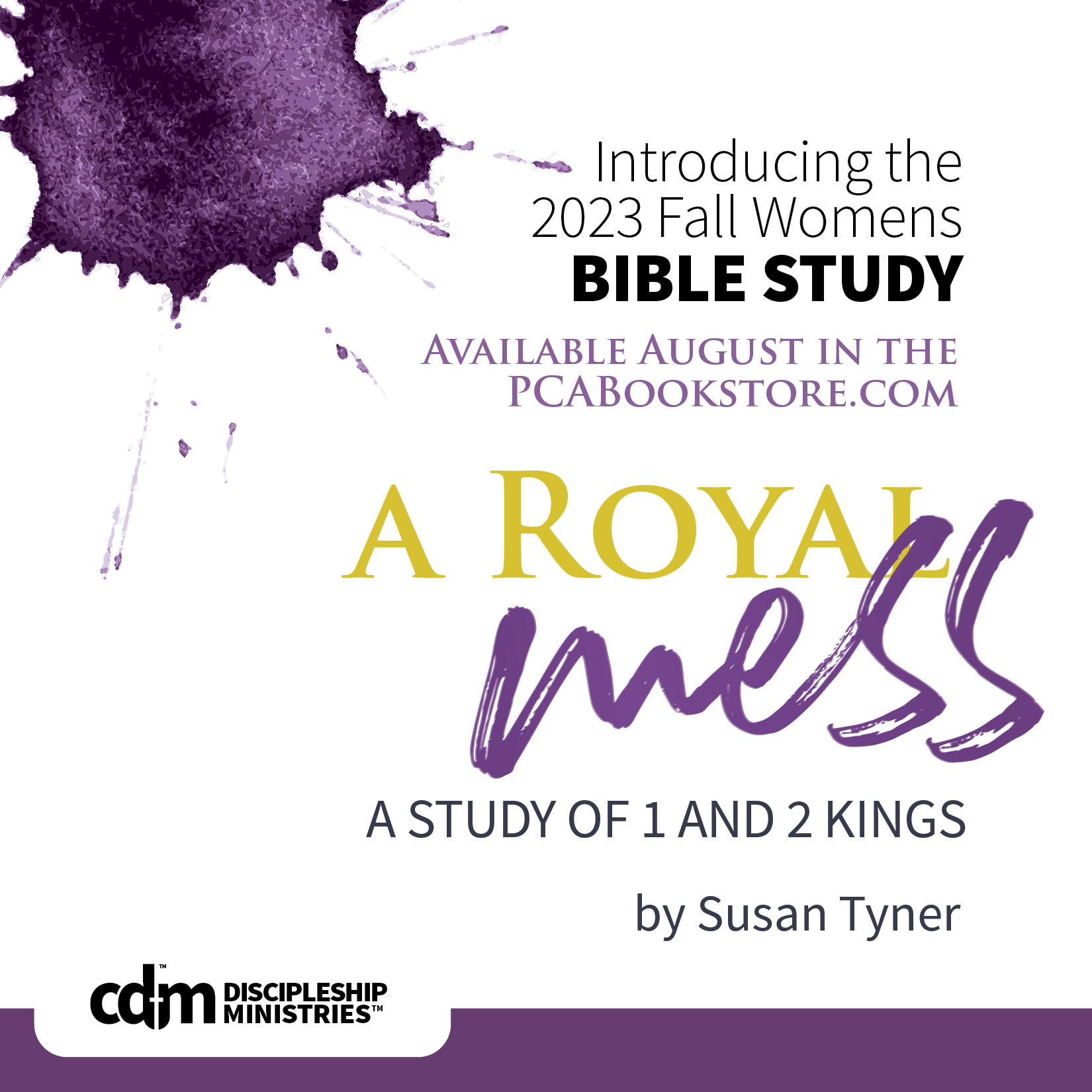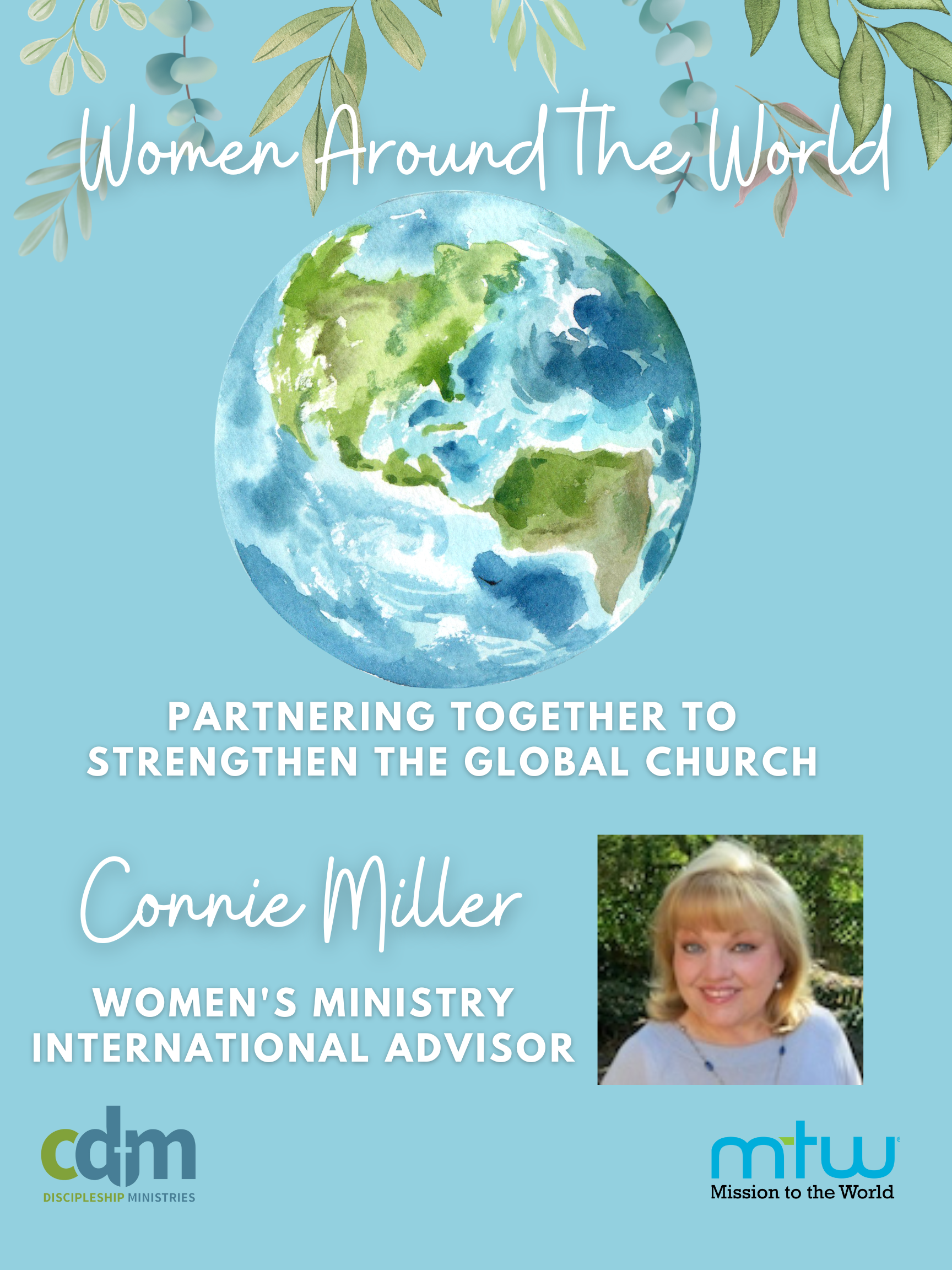Before You Lead a Small Group
SHEA PATRICK | CONTRIBUTOR My spiritual life has been greatly impacted by participating in small group Bible study including coed life-groups, larger community Bible studies, and small groups through my church. I recently spoke to a group of women leaders who were preparing to kick off their fall Bible studies about the basics of leading small groups. Most of the questions they asked me to address were about problems that may arise while leading a group such as what to do about someone who talks too much or too little, or someone who proposes a position contrary to the Reformed faith. While these things are important to consider in our preparation, they are secondary to considering our motivation in studying God’s word together. Thinking about our purpose in meeting together brings focus and encouragement and spurs perseverance in the face of any challenges that may arise. Why small groups? We don’t want to do things because that is what we have always done; instead, we want to consider what we hope to accomplish by engaging with others in small group Bible study. Our purpose will then help to inform the practicalities of how we carry out our time together. Our aim in studying the Bible with other women should be the same as our own devotional study of Scripture: heart transformation and life change. Our exposure to God’s Word in community leads to this Spirit-led work of sanctification that ultimately glorifies God. As we gather around God’s Word, we want to grow in our knowledge of who God is. We marvel at His holiness, justice, truth, and omniscience as revealed in His Word. The Word also reveals the truth of who we are—desperate, needy sinners, who are affected in every area by the Fall. As we study together, it's against this backdrop that our appreciation of who Jesus is and what He accomplished on our behalf grows. When we see the chasm between a perfect transcendent God and fallen humans, we marvel even more at the cross. And our lives are changed. This transformation (growing in the gospel and becoming more like Christ) focuses on both vertical and horizontal relationships. God is working to cause not just individual transformation but corporate transformation as well. Small groups are just one of the tools God uses...


